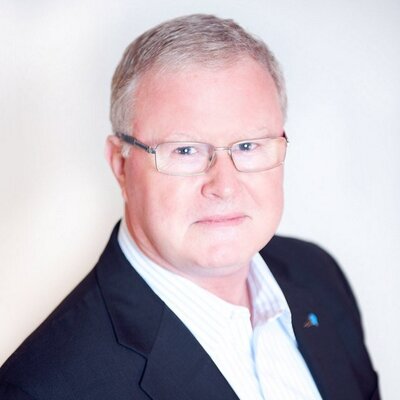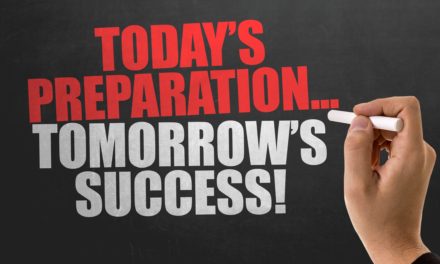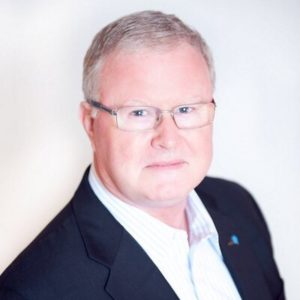Many of the industries refer to organizations like Aviem and the Foundation with the term “vendors,” or “providers.” However, when faced with a significant crisis or disaster, is that all you need?
There are many discussions today that involve the terms complex versus complicated. Experts disagree as to whether these are synonyms or if they have a different meaning. I won’t jump into that discussion but will say that we consider a significant disaster response to be both complex and complicated.
Responding to a crisis is complex as it requires coordination between many tasks and activities, and a certain level of expertise in many of those areas. However, one can establish well-defined relationships between those assigned various tasks, proper order in completing tasks, and the interdependencies between multiple functions and responsibilities. It may be necessary to deviate from these plans, but with the appropriate structure, deviations are doable, and a good plan is a flexible plan. A well-defined plan can then be applied to many different situations.
Responding to a crisis is also complicated because of the unknown factors of each situation. Not only is one faced with the unknowns of geography, severity, and circumstances, but the most significant complicating factor, which is people. Organizations can mitigate some of these factors by better planning, and you improve your ability to help people with proper training. However, all people affected by a disaster have different needs, and if you adequately address those needs, it is still a complicated process.
So, given the complexity and complicated nature of disasters, would you prefer to have a vendor or a partner?
Vendors fix your cars, repair office equipment, sell you office supplies, clean things for you, and provide many other goods or services. However, in almost all cases, vendors can provide this somewhat independently of your company operations. These vendors are usually good at what they offer, and there is a consistency to the product or service delivered without much deviation. They may even be penalized for deviating from what was agreed upon in the business arrangement. So perhaps, in successfully responding to a complex and complicated disaster, a right partner might be a better fit in ensuring your success?
At the Family Assistance Foundation and Aviem, we choose to act and work as partners with our clients and members. As a partner, this means we are not just standing by for the one day that you might need us to respond to a disaster, but that we are engaged with you in advance of any emergency regularly. You have your internal company plans, your stakeholders, and your teams that will jump into action in the event of a disaster or other crisis. Your teams and procedures need to be coordinated with our teams and services. In other words, we need to “connect the dots” between our two organizations and your other stakeholders.
We strive daily to foster and manage our partnerships with our clients and members. Just a few of those ways in which we manage our partnerships include:
Regular Communication – We like to touch base with our clients at least once every 60 days. Our Client Services team work very hard to stay in touch and cover a variety of subjects when communicating with you. We might update our points-of-contact, get updated samples of manifests or similar data, obtain updates on business or operational changes, and many other topics.
Drills & Exercises – We hold regular drills and exercises with our clients and run about 60 per year on average.
Site Visits – We also like to visit with our clients whenever possible, and many of our plans and programs include different forms of training at no additional cost.
Member-Partner Meetings – Aviem and the Foundation conduct our Member-Partner meetings every year and in multiple locations most years. 2018 was a busy year with meetings in London, Hong Kong, Miami, and Santiago. This year our America’s conference was in Burbank in April, and our next meeting is in London on December 4-5. In 2020, we already have plans for a large regional meeting in Anchorage for next October.
Moreover, of course, we communicate regularly with individual clients and members via email, phone, and web conferences. Our goal is to continually “connect the dots” between you and us. We want you to know how we operate, what to expect, and to make sure you know how to get the maximum benefit from the services we provide. So, vendor or partner?
We here at the Family Assistance Foundation and Aviem will always be your partner.




